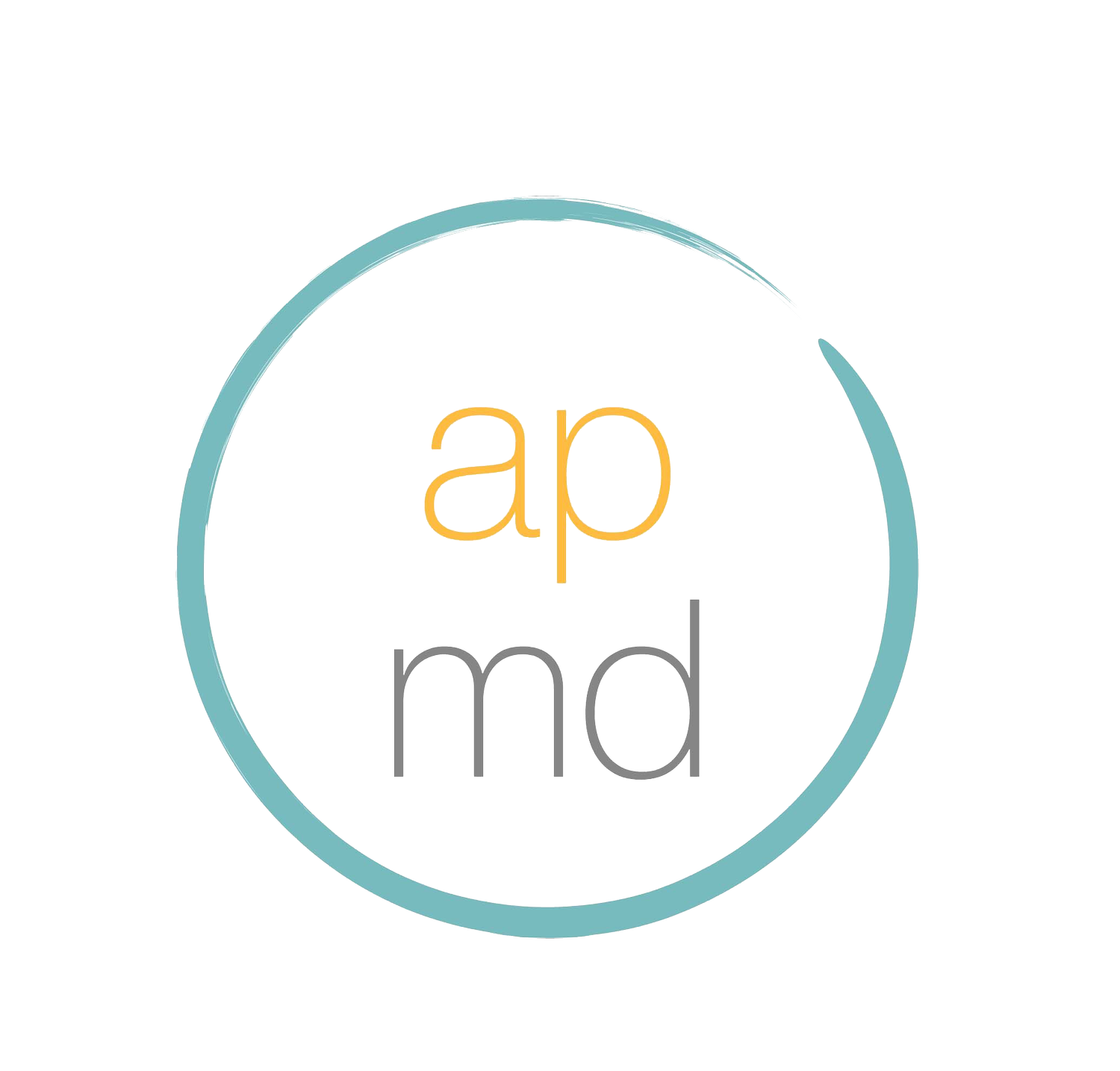Lymphatic Massage Technique
Source: UHN "How to Perform Home Self Massage"
Lymphatic Massage and Swelling FAQs
-
Our lymphatic system collects and filters fluid from different areas in our body and removes waste, infection products and fluid. They are then broken down into smaller units and returned to the circulatory system (blood). If the system becomes congested, our body can hold onto fluid in this area. This is why it’s important to do lymphatic massage after breast surgery, before, during and after radiation and sometimes even when we’re sick or ill to help stimulate lymphatic drainage.
-
Please don’t strain yourself, especially shoulders, neck, or arms.
● This should not be a forceful exercise.
● Do not perform if you have an active infection in the area (for breast surgery chest area or upper arms/armpit or for abdomen, near your incision site, belly area or groin upper thighs) or think you may have an infection
● If you have a port-a-cath, avoid it altogether it while performing your massage
-
After your surgery, you may have some swelling in your hand or arm on your affected (surgical) side, and in some cases, bilaterally. This is normal and will usually go away in time. If you notice swelling in your hand or arm, raise your arm above your heart several times a day while doing hand pumps. To do hand pumps, slowly open and close your fist 10 times. Doing this will help drain the fluid out of your arm. If this swelling persists, is getting worse or not getting better after your one-week post-op, please call our office at (415) 923-3011.
We may refer you to see a lymphedema specialist or physical therapist who can help with safe exercise. Then set goals for increasing your level of physical activity.
Signs of an infection may include, but not limited to:
● Swelling in these areas and redness of the skin (this redness can quickly spread)
● Feeling an increase in pain in one or both breasts, chest or arms
● Having warmth in one or both breasts, chest or arms
● A fever or chills and feeling unwell (fever is 100.4 or above)
If you have an infection or think you have an infection, please:
● Call us immediately (415) 923-3011, your medical oncologist or primary care
provider
● If directed, go to a
o Walk-in Clinic/Urgent Care or
o Emergency Department
-
You may begin scar massage three weeks after surgery and after all post-surgery items were removed, steri-strips, suture tails trimmed, glue has fallen off, etc. Your scar may first feel very sensitive, tight or itchy. Scar massage will help reduce these feelings and soften the scar as well as allow for increased healing via improved circulation in the area. Scar massage should always be pain-free, but likely not sensitive-free.
